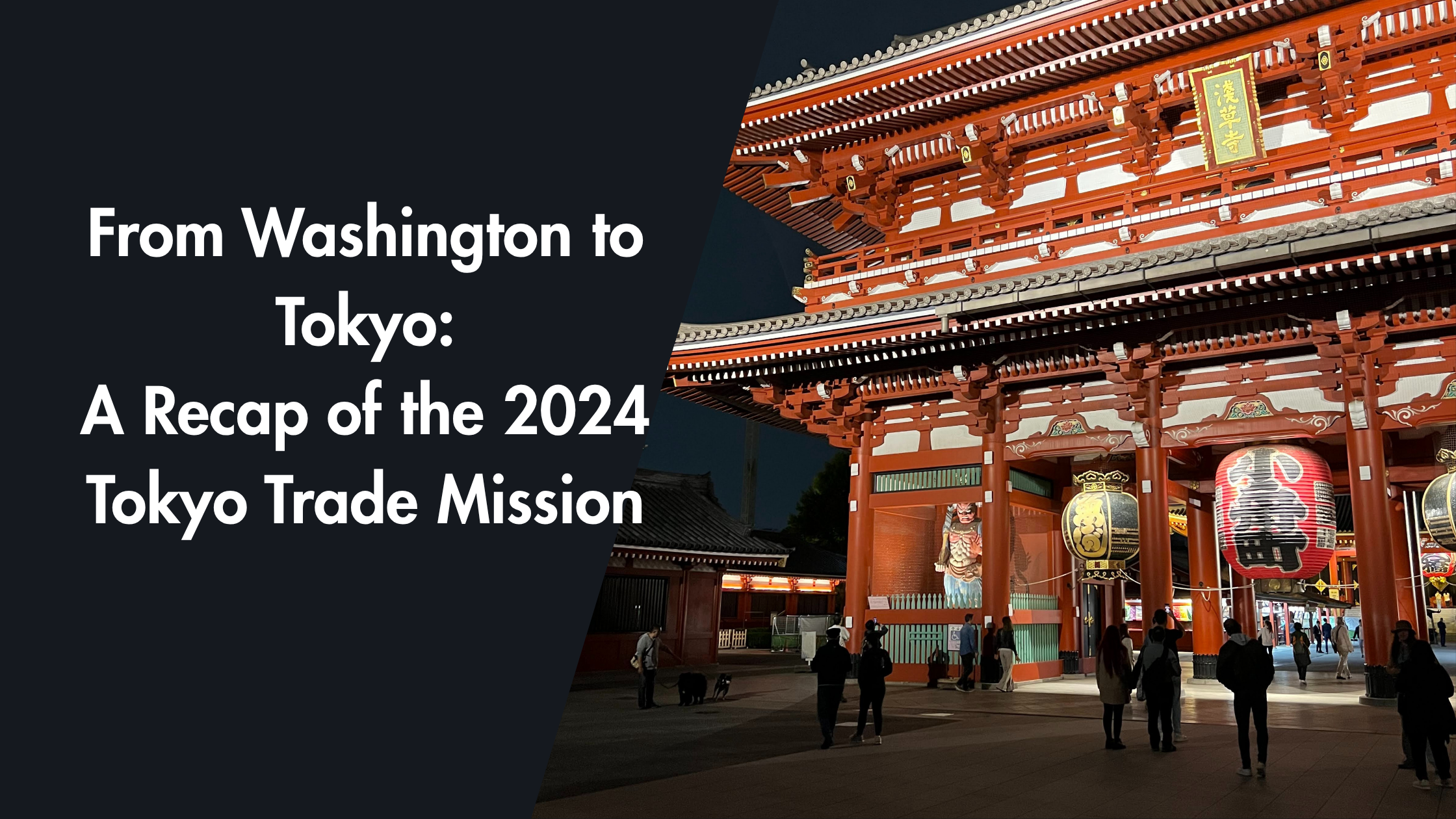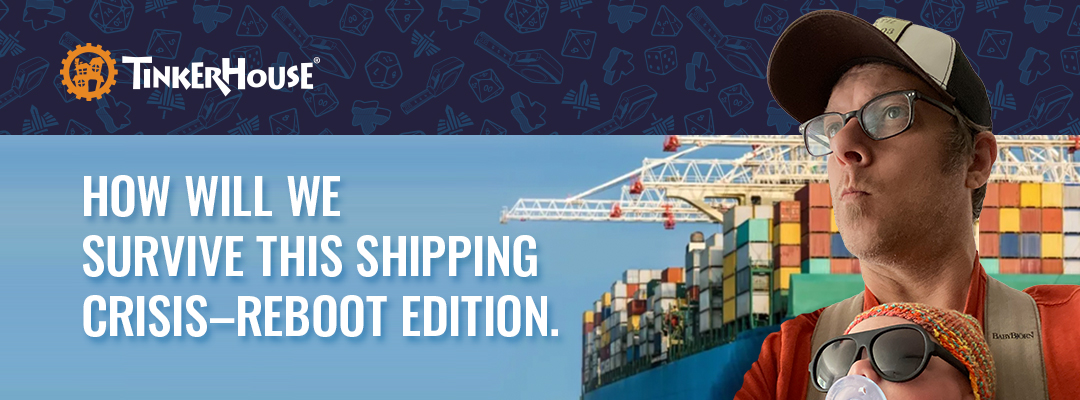From Washington to Indiana: Washington Exhibitors at GenCon 2025
GenCon 2025 is HERE! “For over 55 years Gen Con has been the largest and longest-running gaming convention in North […]
From Washington to Indiana: Washington Exhibitors at GenCon 2025 Read More »



